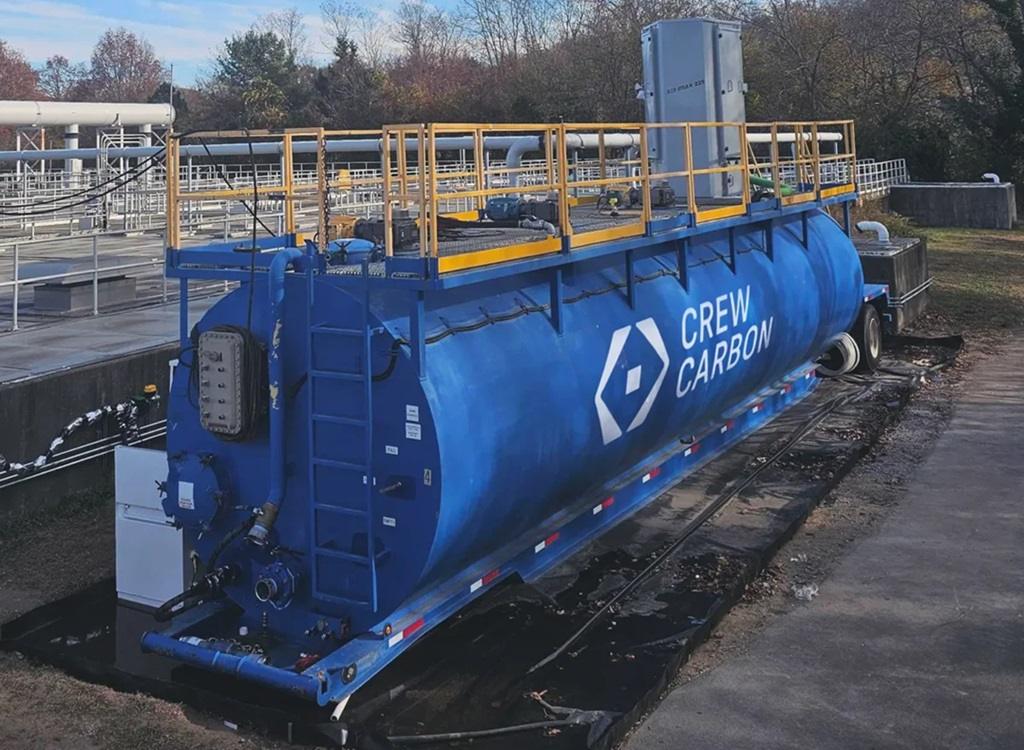Philip Morris Pulls Forward Climate Goals, Launches Carbon Transition Plan
Tobacco company Philip Morris International (PMI) announced today an update to its climate goals, accelerating its targets to achieve carbon neutrality in its operations by 5 years to 2025, and across its entire value chain by ten years to 2040.
The new goals were announced with the release of the company’s Low Carbon Transition Plan (LCTP), outlining the company’s plan to achieve, measure, and report on its climate ambitions.
In addition to its updated targets, PMI also introduced a new goal for its critical suppliers to adopt science-based targets (SBTs), aligned with the SBTs that PMI has already committed to, aligned with the 1.5 C scenario necessary to meet the goals of the Paris Climate Agreement.
Jennifer Motles, Chief Sustainability Officer, said:
“By presenting our low-carbon transformation strategy, we hope to encourage change and foster engagement with investors and other stakeholders who will be able to evaluate whether our company is appropriately adapting its business model for success in a net-zero carbon economy.
“The LCTP showcases how our targets are underpinned by detailed operational measures and a solid business strategy, which are vital to translate ambition into action, achievement, and impact, and most important, the only way to safeguard the sustainability of our business and to help contribute to wider societal action.”
To achieve its targets, PMI has adopted a three-step approach, encompassing energy efficiency, reducing fossil fuel use while promoting the switch to renewable energy, and compensating unavoidable emissions with nature-based solutions projects and the purchase of high-quality carbon credits.
The LCTP also outlines initiatives including the company’s use of carbon pricing, nature-based solutions, and transparency.
Massimo Andolina, SVP, Operations, said:
“Strong action must be taken to reduce the risks of climate change and stop the destruction of nature. We believe that PMI must play its part in protecting vulnerable ecosystems and communities around the world by reducing our environmental impact across our value chain, and by defining and executing strategies and initiatives to achieve our long-term targets.
“Our business and sustainability strategies are advancing hand-in-hand with increasing momentum, and we are investing in innovative programs and taking a multidisciplinary approach to reducing the environmental impact of our products, operations, and value chain.
To read the full LCTP report, click here:





